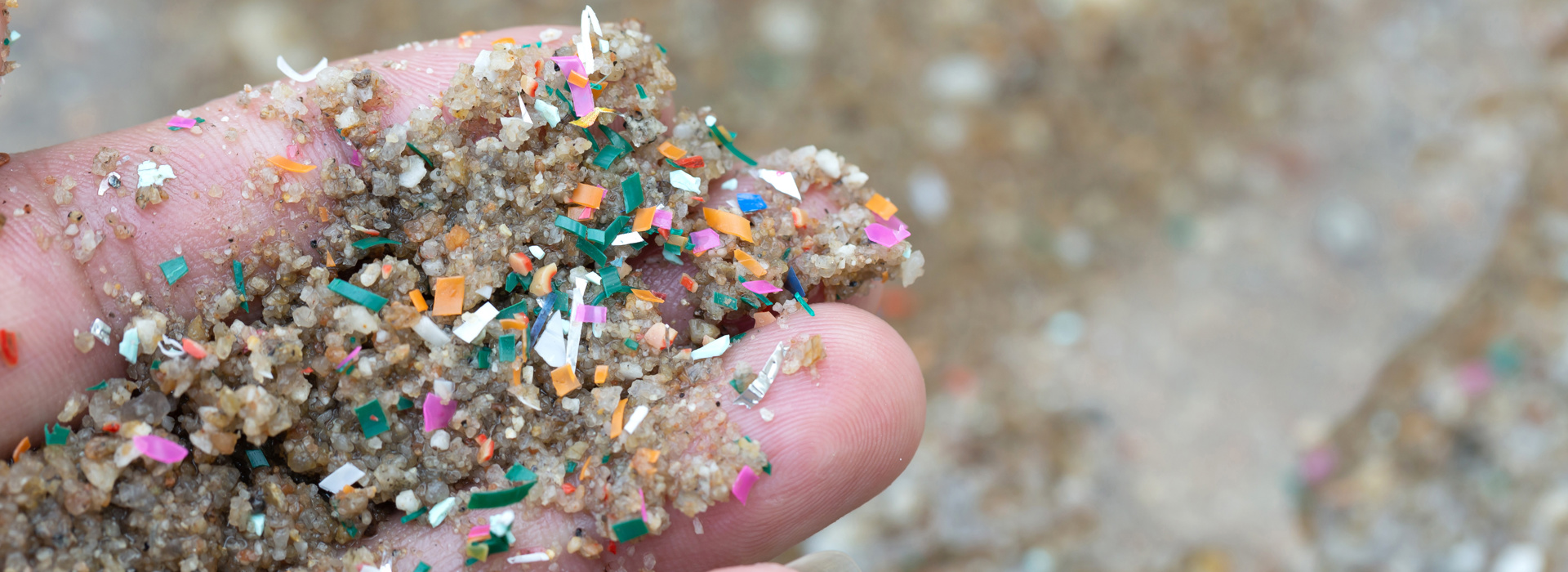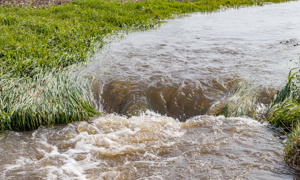
09 December 2024 | 3 min. readingtime
Why a.s.r. does not invest in weapons directly
a.s.r. has excluded direct investments in the arms industry since 2007. Let us explain why we do not invest in weapons directly.

04 July 2023 | 2 min. readingtime


Microfibers (i.e. fibers smaller than 5 mm) of synthetic textiles and plastic cloths contribute significantly to the global plastic crisis: every year, half a million tons of microfibers end up in our oceans due to washing synthetic clothing in the washing machine. In addition, plastic wipes break down extra quickly in the water and thus also contribute to microplastic in the oceans. Finally, microplastics can remain in the environment for a long time.
There are serious concerns about the potential impact of microfibers on the environment and human health. For example, there are sufficient indications that microplastics can enter our bodies through food, water and air. This engagement process advocates filtration as an effective and short-term solution to reduce the release of microplastics into the oceans. For example, filters on washing machines can already ensure that microfibers no longer end up in the sewer (and therefore not in the oceans).

09 December 2024 | 3 min. readingtime
a.s.r. has excluded direct investments in the arms industry since 2007. Let us explain why we do not invest in weapons directly.

05 July 2023 | 1 min. readingtime
Secondary effects resulting from rapid climate change, can cause the overall risk picture to be underestimated by governments, businesses and
individuals.

01 June 2023 | 4 min. readingtime
At a.s.r. we acknowledge the risk of water stress and therefore we also started a collaborative engagement with Ceres, the Valuing Water Finance Initiative.